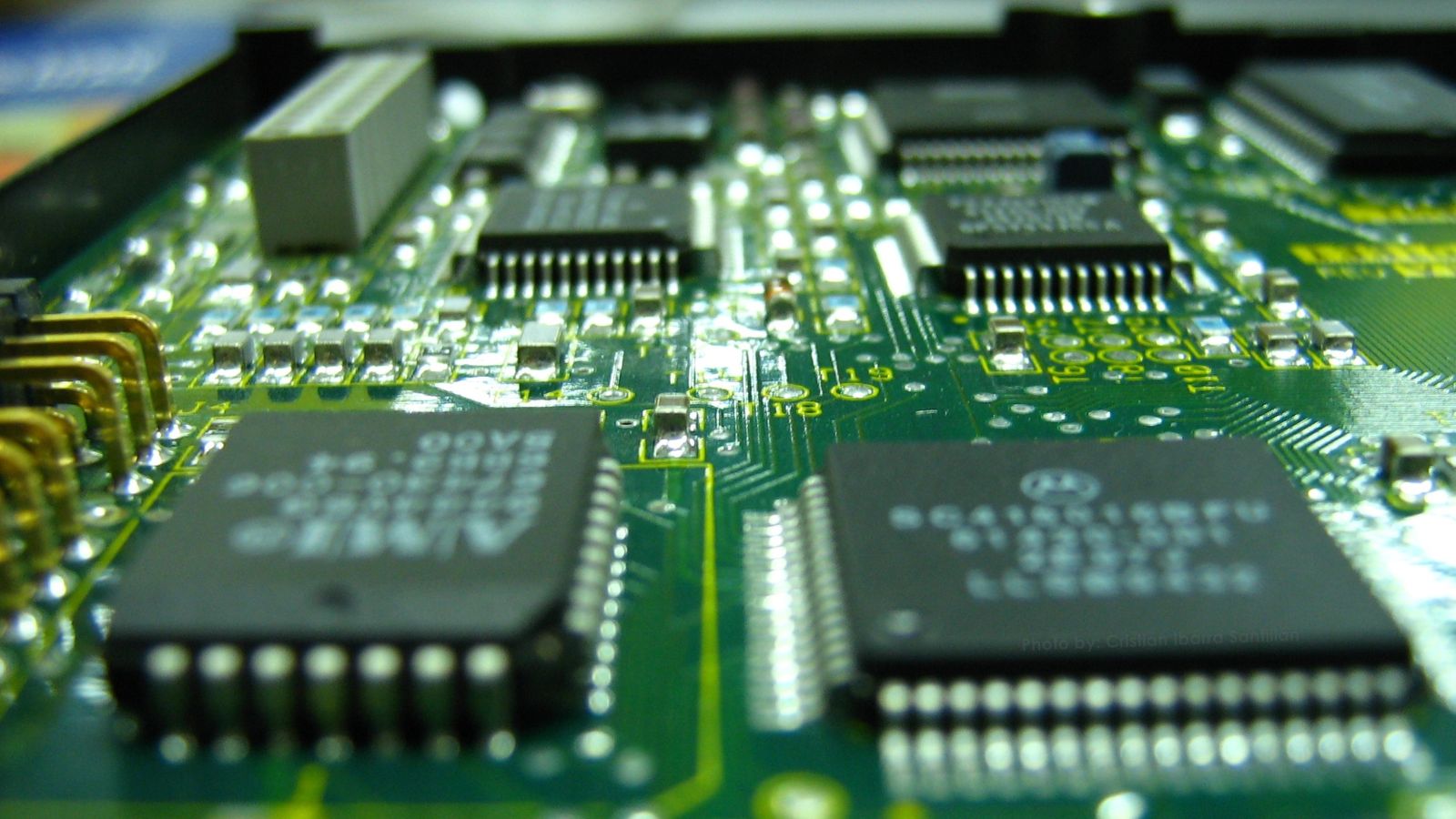The U.S. Senate panel will conduct a hearing on the use of American chips in Russian military systems.
Senator Richard Blumenthal announced the hearing, which will focus on how Russia circumvents export controls to incorporate U.S. technology into its weapons.
Scope of the Hearing

The hearing aims to address Russia’s evasion of export controls intended to prevent the use of U.S. technology in the conflict in Ukraine.
The Senate’s permanent subcommittee on investigations, chaired by Senator Blumenthal, will lead the inquiry.
Involvement of Semiconductor Companies

Four major U.S. semiconductor companies – Advanced Micro Devices (AMD), Analog Devices, Intel, and Texas Instruments – have been called upon to provide information and documents.
Preliminary findings suggest a significant increase in exports of semiconductor products to countries potentially involved in helping Russia evade U.S. export controls.
Presence of U.S. Chips in Russian Military Equipment

American-made semiconductors have been discovered in various Russian military hardware, including drones, radios, missiles, and armored vehicles.
This revelation raises concerns about the indirect support provided to Russia’s military capabilities through the use of U.S. technology.
Response from Semiconductor Companies

Advanced Micro Devices shares national security concerns and has implemented procedures to address any diversion of its products to Russia.
Texas Instruments ceased sales to Russia in February 2022 and is cooperating with the panel’s investigation.
Intel suspended shipments to Russia and Belarus, adhering to export regulations and sanctions.
Impact on National Security

The presence of U.S. chips in Russian weapons poses a significant national security risk.
It underscores the need for stricter export controls and enhanced oversight to prevent the misuse of American technology in conflicts worldwide.
Concerns Over Compliance

The hearing will explore whether semiconductor companies have adequately enforced export regulations and compliance measures.
Any lapses in oversight could contribute to the proliferation of U.S. technology in military applications contrary to national interests.
International Ramifications

The investigation’s findings could have far-reaching implications for U.S. foreign policy and diplomatic relations.
The misuse of American technology in conflicts abroad may strain alliances and necessitate stronger measures to safeguard sensitive technologies.
Potential Legislative Actions

Based on the hearing’s outcomes, policymakers may propose legislative reforms to strengthen export controls and impose stricter penalties for violations.
Such measures aim to enhance national security and prevent the unauthorized transfer of sensitive technologies.
Industry Accountability

Semiconductor companies will face scrutiny regarding their role in preventing the diversion of their products to adversaries.
Transparent cooperation with regulatory authorities and robust compliance mechanisms are essential to mitigate risks and uphold national security interests.
Safeguarding U.S Technology

The Senate panel’s investigation underscores the imperative of safeguarding U.S. technology from exploitation by adversaries.
By addressing loopholes in export controls and holding accountable those complicit in unauthorized transfers, policymakers can bolster national security and protect American interests.
Read More From The Stock Dork



 Tags:
Tags:










